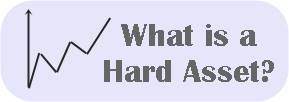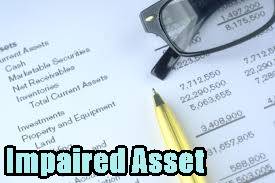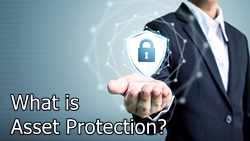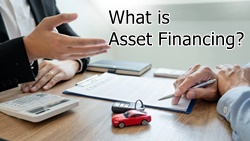
Table of Contents
Tangible Assets
What is Tangible Asset?
Tangible assets refer to those assets that can be touched and felt and are in physical form. Some of the popular examples are equipment, property, plan, etc. Such assets could be destroyed by natural disasters, etc.
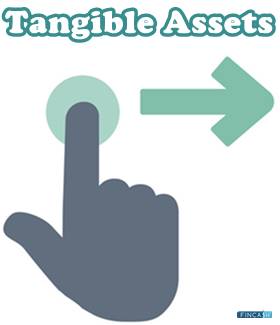
The opposite of tangible assets is intangible assets that do not have a physical form. These assets are usually trademarks, patents, intellectual property, etc.
Tangible Assets Types
1. Current Assets
Current assets are also known as liquid assets and can be easily converted into cash. These assets are part of a business cycle for a short period of time generally for a year or even less than a year. The quality of current assets is greater than the fixed assets.
2. Fixed Assets
Fixed assets are also known as hard assets. They are part of a business cycle for a long time and cannot be easily converted into monetary form like cash. These assets are depreciated over a time period.
Tangible Assets List
1. Current Assets
- Cash and Equivalent
- Accounts Receivables
- Short-term investments
- Stock Inventory
2. Fixed Assets
- Building
- Equipment
- Machinery
- Furniture
Intangible Assets List
- Trademark
- Patent
- Goodwill
- Brand name and fame
- Business methods
- Copyright
Talk to our investment specialist
Tangible Assets and Business
Tangible assets are a very vital part of a company's Capital structure. These are related to leverage.
1. Liquidity
Tangible current assets can easily be converted into cash since they provide liquidity to the business thereby reducing risk. If a business owns assets with value more than the liability, it's safe.
2. Depreciation
Depreciation in case of tangible assets is a non-cash expense. This means that the expense helps the company get a tax benefit. However, there is no outflow of cash from the business.
3. Security
Security or Collateral security is a term used by businesses when they use tangible assets as a means to obtain loans.
Net Tangible Assets
Net tangible assets refer to the difference between a company's Fair Market Value of tangible assets and the fair Market value of all liabilities. Here the liabilities show the outside liability of the company.
A company with high Net Asset Value has low risk in liquidity terms.
All efforts have been made to ensure the information provided here is accurate. However, no guarantees are made regarding correctness of data. Please verify with scheme information document before making any investment.



